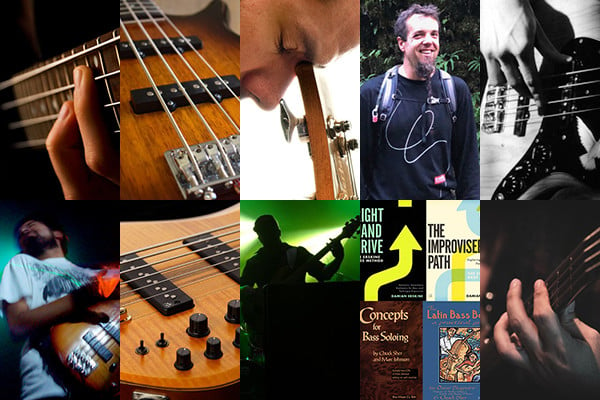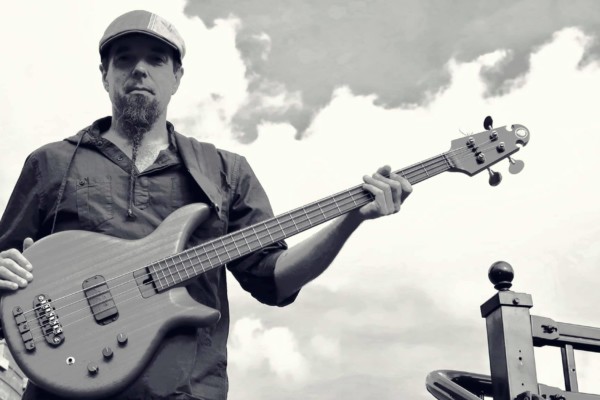Defining Levels (Beginner, Intermediate, or Advanced)

Q: How would you define the idea of a beginner, intermediate or advanced player?
A: This is a subjective topic, but I do have an opinion on this. Let me also preface this by saying that I don’t know how helpful it is to worry about your level as it pertains to yourself. I can, however, see the usefulness in categorizing someone based on a level when it comes to educational situations, as an educator. But even then, it seems a bit arbitrary and unhelpful outside of assigning someone to one combo or another in a scholastic setting.
As an individual, I think it’s more helpful to realize that all of us exist within a spectrum. There is always someone ahead of us, always someone behind and, really it’s all dependent on context and familiarity with what they are playing in the moment, for the most part. We all have different strengths and weaknesses and some folks are better suited for one situation over another.
That said, here’s my basic sense of those terms as I apply it to my students and as I look at myself throughout my development:
Beginner:
No real experience playing music or our instrument with any kind of intention. One who has yet to grasp the fundamentals and building blocks necessary to speak the language of music through their instrument or convey musical ideas with confidence or authority of any kind. No development of muscle memory and consistency in their playing.
Intermediate:
Feels pretty comfortable with their instrument and has at least a moderate internalization of the fundamentals as well as some proficiency in their preferred medium (ie: they can play the stuff that they’ve worked on pretty well). Can sound solid with a band but likely needs a fair amount of time to prepare for each musical situation. They may have a band that they play in and have some live experience. They likely sound very good in that context but initially struggle in less familiar terrain.
Advanced:
Not only has a grasp of the fundamentals but has the experience to have applied them in ways that have become unique to them (they’ve put in the time necessary to have their own revelations and realizations with regards to making music with their instrument, thereby having a bit of their own sound. The advanced player can generally be thrown into almost any situation and find their way, to one degree or another, as they have experience listening, reacting, and not over-reacting to mistakes. The advanced player generally has developed their own voice on the instrument to a degree by virtue of having spent enough time working and learning on their instrument that they play in a way that is uniquely them. Can play the hell out of music that is in their wheel-house but also has a relationship with music that allows them to play well in other situations as well.
As I said, those are my fairly arbitrary and meaningless (ultimately) general guideline for lumping people into one level or another. Ultimately, it comes down to the perspective of the player in many ways. I’ve heard “beginners” who can react very organically to music because they have no perceived obstacles to doing so, while I’ve also heard very “advanced” players struggle with the unfamiliar because they are thinking too hard or feeling like they have to ALWAYS sound good, thereby creating obstacles for themselves that cause them to stumble, instead of just letting things happen and reacting calmly and organically.
As it relates to yourself, my advice is not to worry about it but rather to simply always try and be a little better every time you play. Enjoy it, have fun with music, let it happen and be playful. Spend time working on specific things that appeal to you while also enjoying the growth you can discover through working through the nuts and bolts of it all as well (aka, the technical stuff. Scales, arpeggios, finger exercises, etc..). Just enjoy the journey and don’t worry about how far you get. Comparisons are meaningless and there is no finish line. It’s all a matter of how YOU feel about where you are and where you want to go with it.
Work hard and have fun!
Have a question for Damian Erskine? Send it to [email protected]. Check out Damian’s instructional books, Right Hand Drive and The Improviser’s Path.




You`re a great educator, but first of all a sensitive caring person. Thank you for your learning tips (not only for bass)